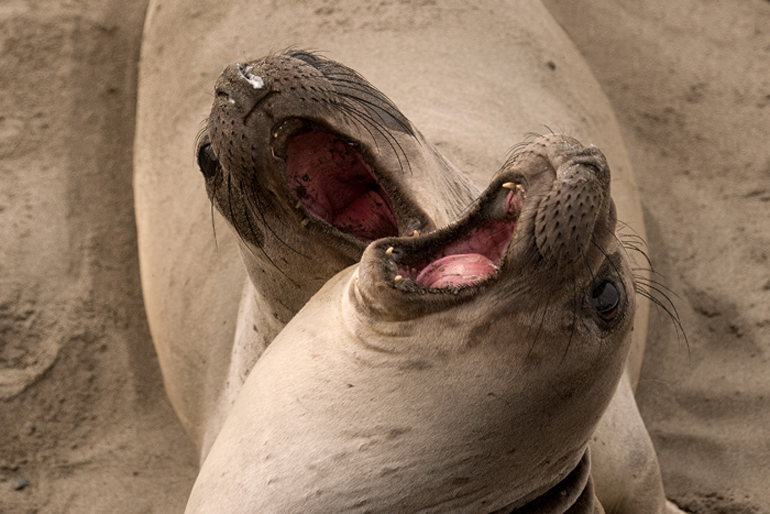
So species are falling like dominos. What of it? Is concern just a sentimental attachment to the past or does it really matter? If biodiversity is reduced by half this century, as predicted, will there be a direct negative impact on humankind? The answer, according to science, is unequivocal. Absolutely it matters!
Species do not exist in isolation. Each is part of a community of interdependent organisms that have adapted to each other and their environment in ways that sustain the system. These units are called ecosystems and they spread around the globe, blending seamlessly at the edges to create an ecologically integrated planet. Examples of ecosystems are tropical rain forests, grasslands, coral reefs, and tundra to name but a few.
So each species is connected, directly or indirectly, to every other species in the world, in a complex web of interactions that has made possible our living planet. The loss of a single species may pass unnoticed in the big picture, and certainly will to a hyperkinetic, "me, me, me" alpha predator like man. But mass extinction is another story. The predicted loss of species in this century would impact the entire planet, like an asteroid. Only much slower. If we continue the current pace of ecosystem destruction, species elimination, and climate change, the life support systems of planet earth will become seriously compromised. There is irrefutable evidence that this is happening right now. The earth will survive. Life will survive. What about our species?
The elephant seal, giant of the pinniped world and pictured above, also was hunted for blubber to near extinction. Protection has given the species a second chance, though many threats remain. (next photo)